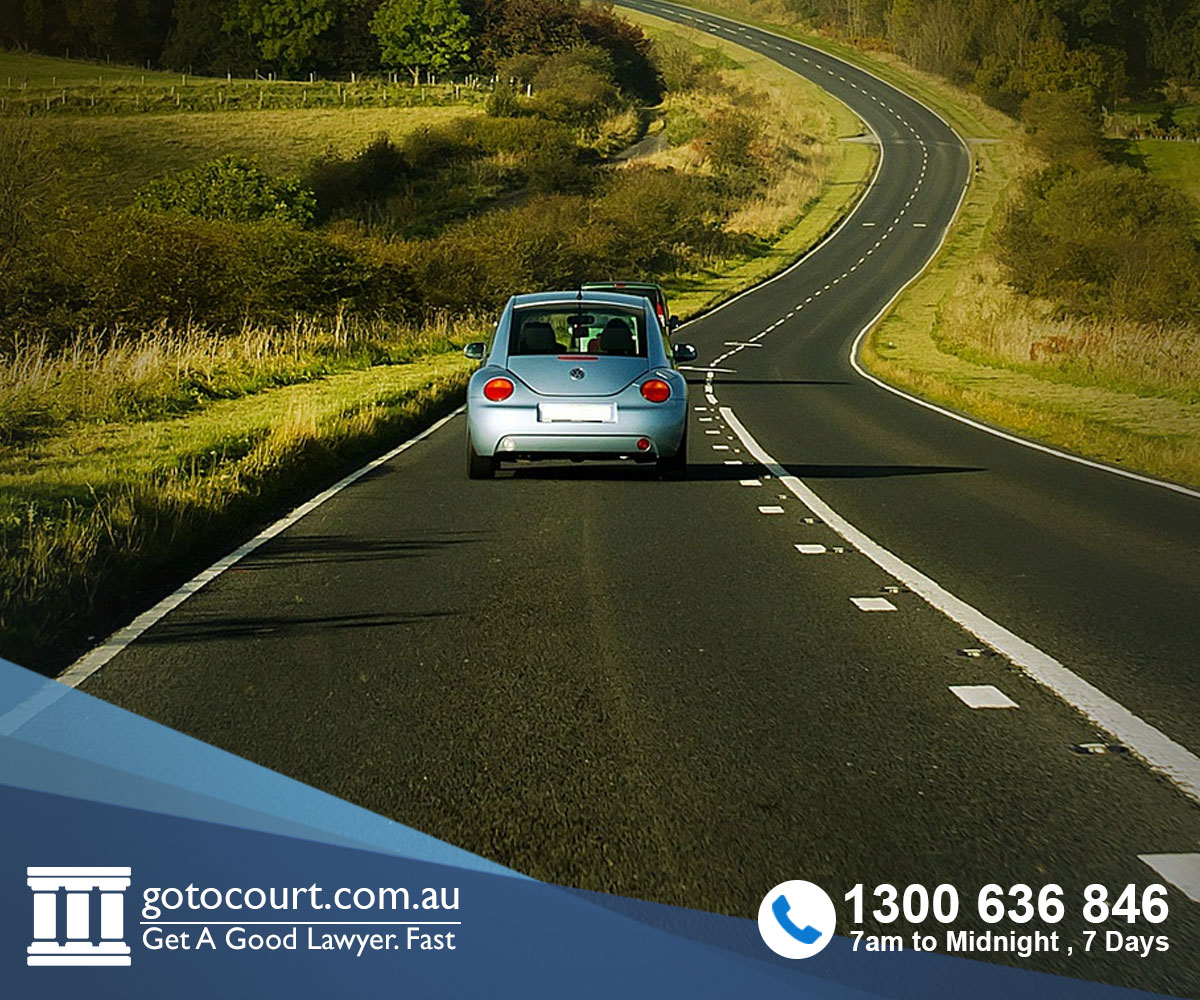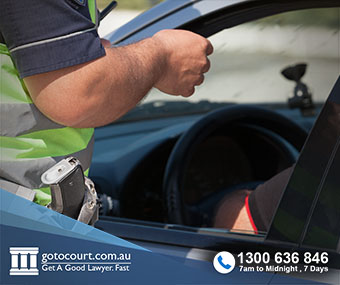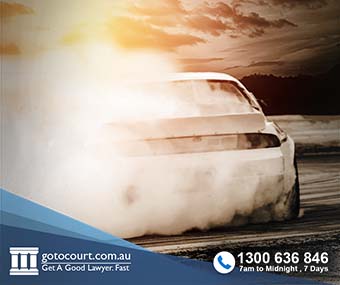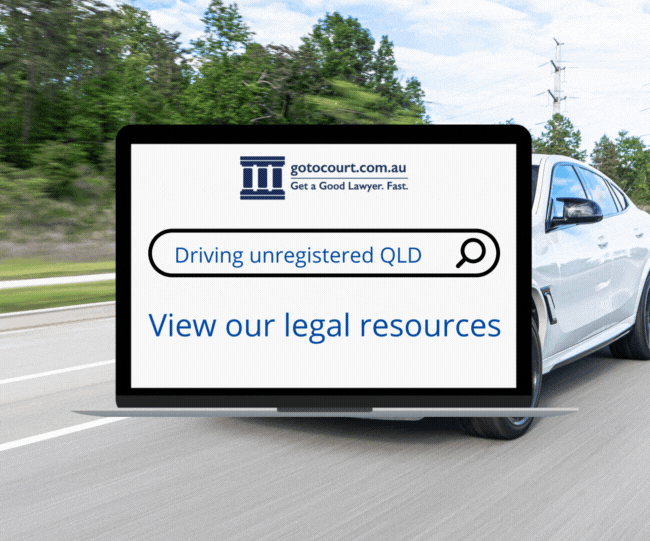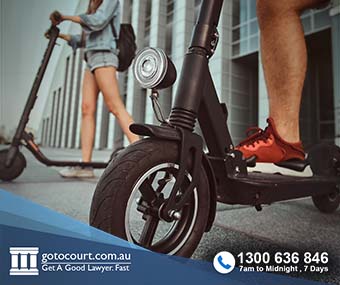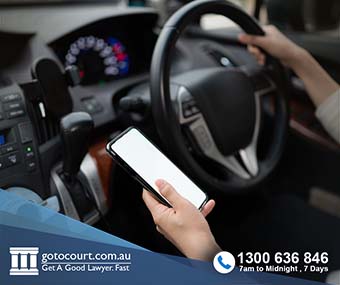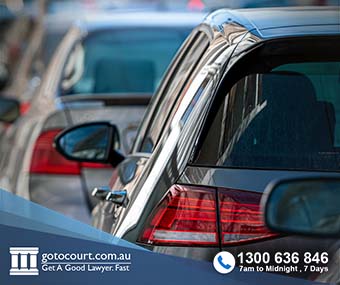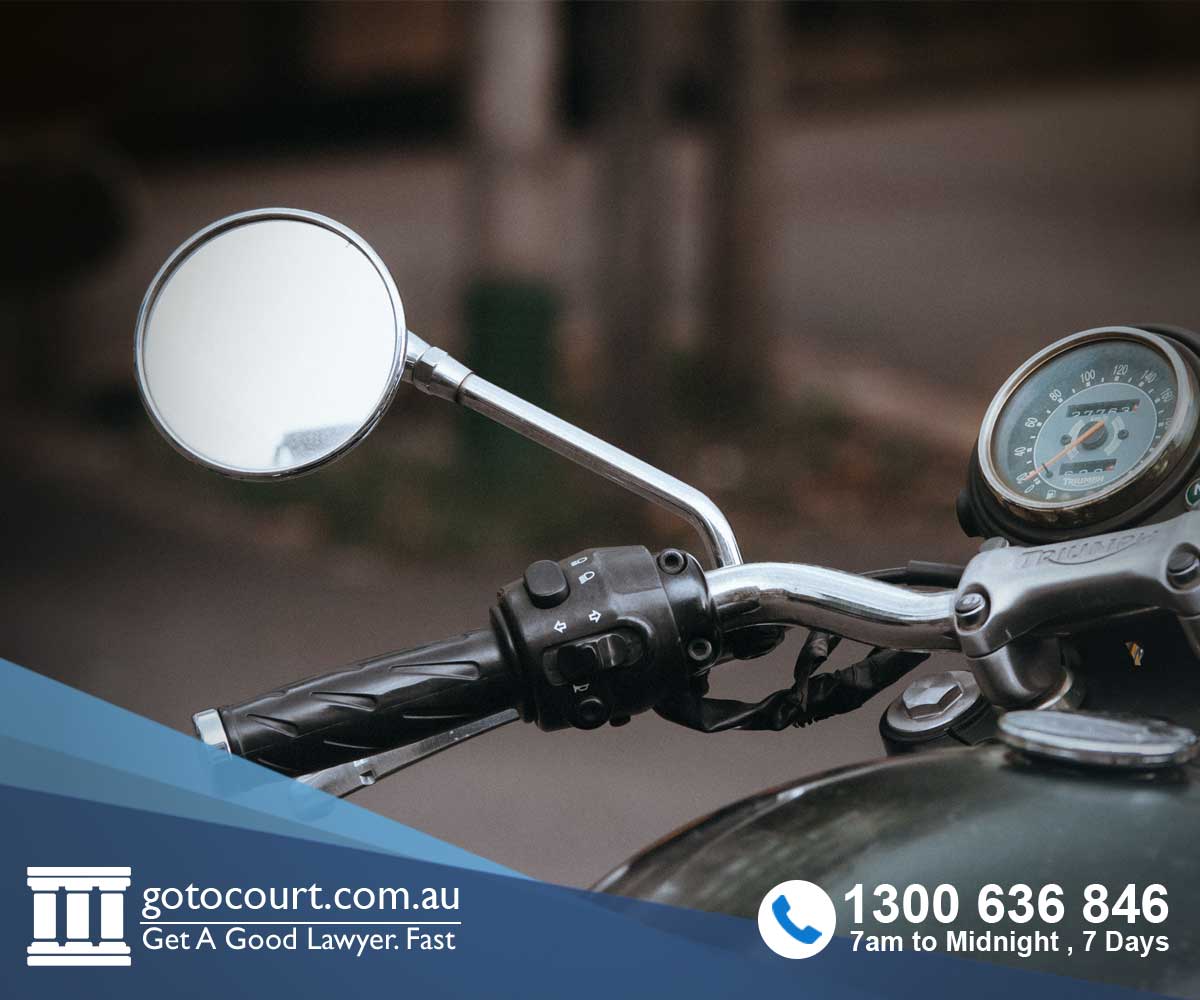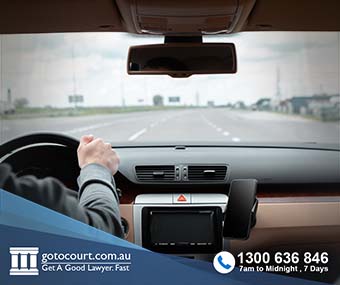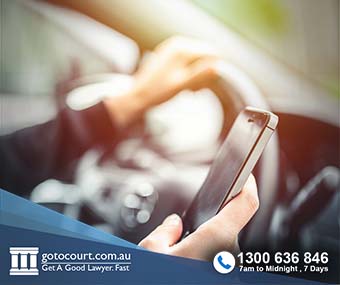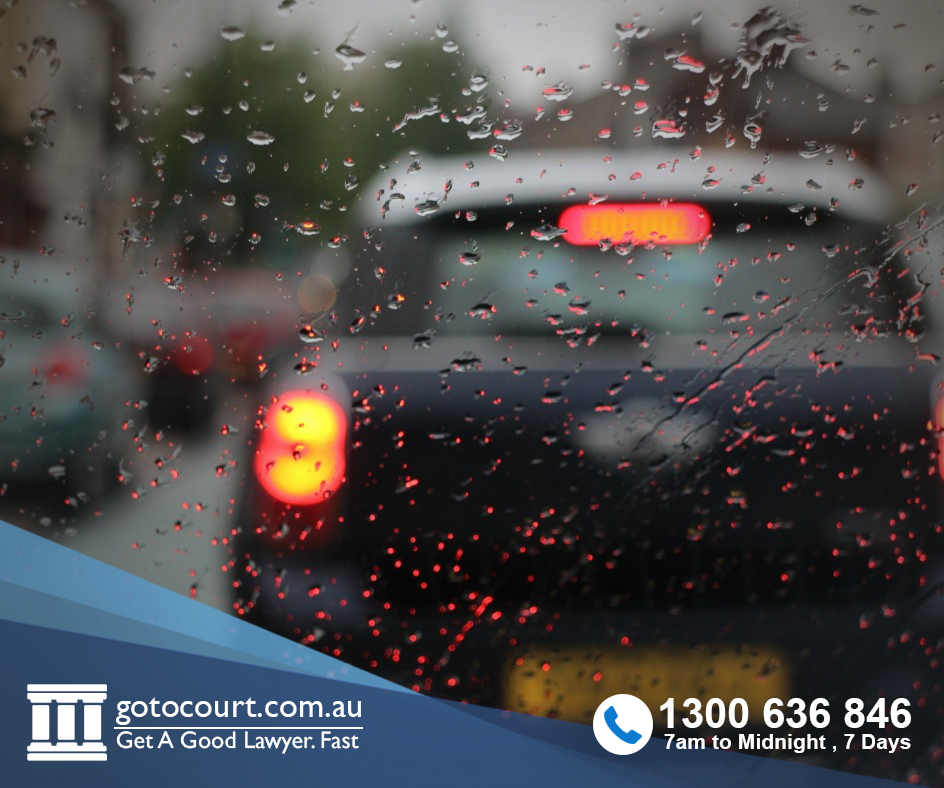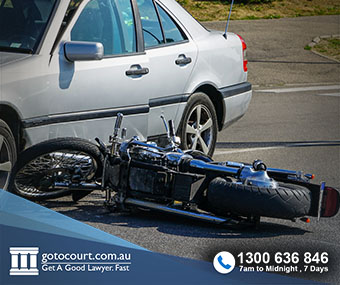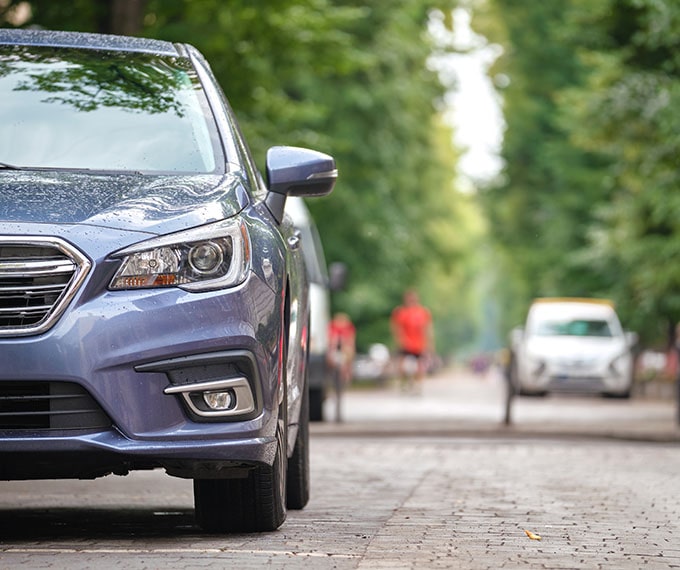Police Vehicle Searches Queensland (QLD)
Police Vehicle Searches Queensland (QLD)
In Queensland, police have the power to stop drivers for prescribed purposes. However, the police do not have an automatic right to search a driver’s vehicle during these traffic stops. To legally perform a vehicle search, police in Queensland need to have one of the following: a warrant, the driver’s permission, or reasonable suspicion of illegal activity.
Police Vehicle Searches QLD: Warrants
The police can obtain a warrant from a judge, magistrate, or justice of the peace, authorising them to search a vehicle and confiscate items found during the search. Police can only use reasonably necessary force to search and cannot cause grievous bodily harm or death except in a critical emergency.
It is important not to obstruct a lawful search because a driver can be charged with additional offences. If a driver obstructs a lawful search, the police must provide a warning and give them a reasonable opportunity to change their behaviour.
Police Vehicle Searches QLD: Driver’s Permission
Under section 60 of the Police Powers and Responsibilities Act 2000 (PPRA), a police officer can legally pull a driver over for a “prescribed purpose”, such as an alcohol breath test. A driver of a private vehicle who does not comply is liable for a maximum of 60 penalty units. There is an exemption if the driver reasonably believes that stopping would endanger themselves or someone else, as long as they comply at the first reasonable opportunity.
When the police stop a vehicle for a prescribed purpose, they can ask the driver for permission to search the vehicle. If the driver agrees to the search, then the search is legal, and any evidence that is discovered is admissible in a court hearing. If a driver does not give consent to their vehicle being searched, they should state this preference clearly to the police officer and make a note of any witnesses who are present.
Police Vehicle Searches QLD: Reasonable Suspicion
A police officer in Queensland has authority under section 31 of the Police Powers and Responsibilities Act 2000 (PPRA) to conduct a search, even without a warrant or the driver’s permission. Under this provision, the police officer can search if they reasonably suspect that the vehicle is being used unlawfully, or if there is a person in the vehicle who may be arrested. Additionally, a police officer can search a vehicle if they reasonably suspect that it contains:
- An unlawful weapon;
- An implement that someone intends to use to harm themselves or others;
- An implement used for an unlawful purpose (such as housebreaking, or administering an illegal drug);
- An illegal, dangerous drug;
- Tainted property; or
- Evidence of an indictable offence.
What is a Reasonable Suspicion?
“Reasonable suspicion”, in this case, means what is reasonable given the circumstances at the time. It is not sufficient grounds for a vehicle search just because a driver appears nervous during a routine stop, on the basis of racial profiling, or because the driver is a young person.
Reasonable grounds for suspicion require something more than the mere possibility that a specific criminal act may have occurred, but it does not require physical evidence of a crime. For instance, it would be reasonable for a police officer to search for drugs if they could smell cannabis in the vehicle, see evidence of drug paraphernalia, or if the driver returned a positive saliva test.
If a police officer conducts a search on the basis of reasonable suspicion of a specific offence, they will have to satisfy the Court that their suspicion was reasonable in the circumstances. Should the Court find that the police officer’s suspicion was not reasonable, it can exclude the evidence from admittance in the proceeding.
Bunnings v Cross [1978]
However, due to the precedent set by the High Court in the case Bunnings v Cross [1978], a Queensland Court must at least consider whether to admit evidence that results from an unlawful vehicle search. The Bunnings v Cross Rule establishes the importance of striking a balance between the competing public interests of bringing an offender to justice, and the undesirability of encouraging unlawful police conduct. In determining whether to admit the evidence, the court will consider the persuasiveness and importance of the evidence, the seriousness of the offence, the nature and deliberateness of the unlawful conduct, and whether it was encouraged by senior police officers. Finally, the court will assess whether the police officer could have easily obtained the evidence in a way that was in compliance with the law.
Seizure of Property
During a vehicle search, police can seize anything that may provide evidence of the commission of an offence, or that the person intends to use to cause harm to themselves or someone else. This includes electronic equipment such as mobile phones and laptops. The police can take these items into their custody, but they need to obtain a warrant before they can gain access to the contents. If they have sufficient grounds, the police can also obtain a court order compelling the driver to turn over security codes and passwords for the devices. For any legal advice on police vehicle searches in Queensland or any traffic law offence, please contact our experienced solicitors on 1300 636 846.

Affordable Lawyers
Our Go To Court Lawyers will assist you in all areas of law. We specialise in providing legal advice urgently – at the time when you need it most. If you need a lawyer right now, today, we can help you – no matter where you are in Australia.How It Works




1. You speak directly to a lawyer
When you call the Go To Court Legal Hotline, you will be connected directly to a lawyer, every time.

2. Get your legal situation assessed
We determine the best way forward in your legal matter, free of charge. If you want to go ahead and book a face-to-face appointment, we will connect you with a specialist in your local area.

3. We arrange everything as needed
If you want to go ahead and book a fact-to-face appointment, we will connect you with a specialist in your local area no matter where you are and even at very short notice.

